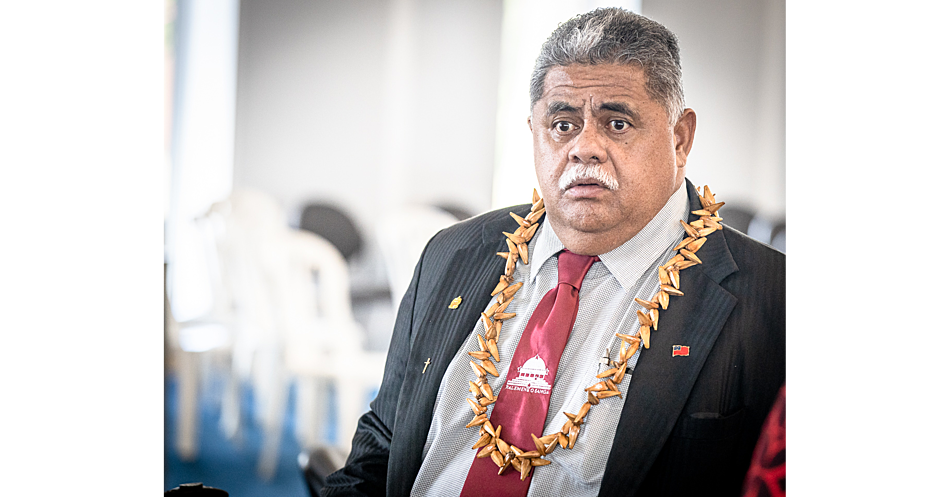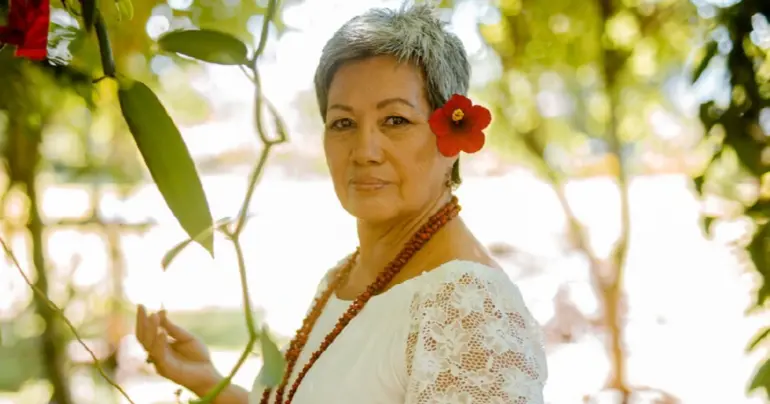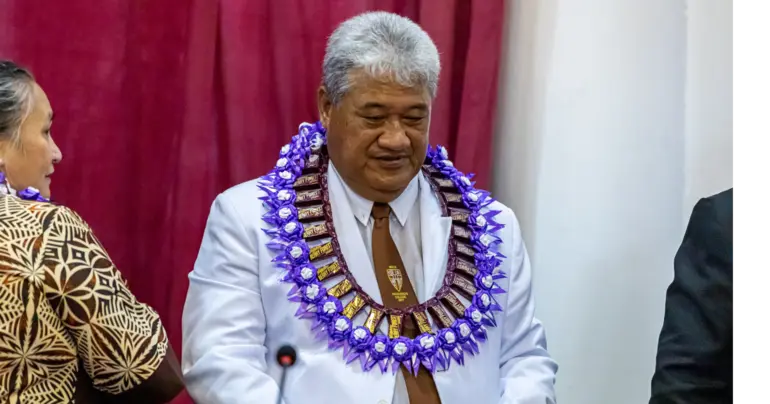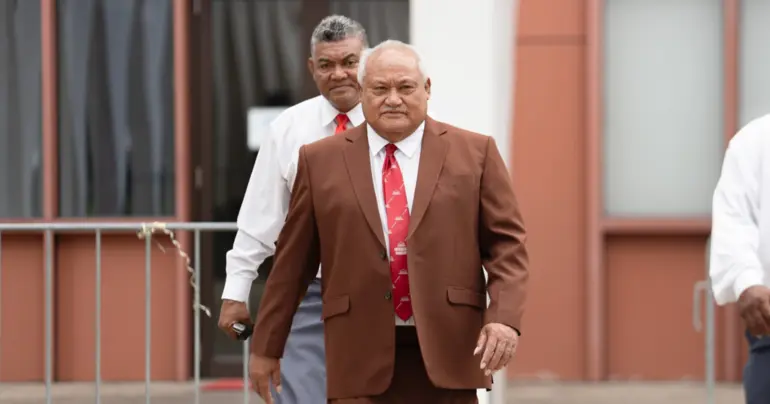Confession cannot be evidence: Court
The confessions obtained by police for an alleged murder in 2024 cannot be used in court as evidence because the police acted improperly, the Court of Appeal ruled last week.
Eneli Toalepai is charged with allegedly murdering his stepfather in January 2024. Charges were laid on him by the police following a confession he made while talking casually to a police constable while smoking a cigarette. This led to the constable informing his senior officer, who, after a caution interview, in which a confession was made, charged Toalepi.
Toalepai is charged with murdering Maulolo Poumaa sometime around 9 pm on 27 January 2024. The prosecution alleges that during the evening of 27 January, the Toalepai and Mr Poumaa had been together at Fiaga and then walked to a shop at Aleisa.
It is alleged that after Mr Poumaa had done his shopping and both men were in the vicinity of the shop, an argument broke out between them. It is alleged that Toalepai smashed a bottle that he was carrying on the road and used the part of the bottle that remained in his hand to stab Mr Poumaa several times and then slashed his legs with a machete.
Mr Poumaa died as a result of the injuries.
Toalepai had earlier made a similar application to the Supreme Court, but this was denied. He has submitted to the Appeal’s Court that he was handcuffed for more than 22 hours, punched and threatened to confess.
The accused had initially made a statement different from the one that was obtained later. He was brought back to the police station after it was discovered that he provided the wrong name. From this point he was held in custody until he was charged almost a day later.
The court ruled that the admissions were obtained improperly and the constitutional rights of the accused were violated as the police acted improperly and in contradiction to the Criminial Procedure Act.
“The way in which the appellant was treated resulted from an institutional failure to have appropriate regard for his welfare and, more generally, fairness. In this context, the improprieties which we have attributed to the police, the failure to give the advice required on arrest when the appellant returned to the police station from Fiaga with Corporal Filipo and the failure by Constable Su'a to caution the appellant once he began to make his original oral admissions take on a significance in terms of the balancing exercise that they would not have had if the overall treatment of the appellant had not been so coercive,” said the Court of Appeal in its ruling.











